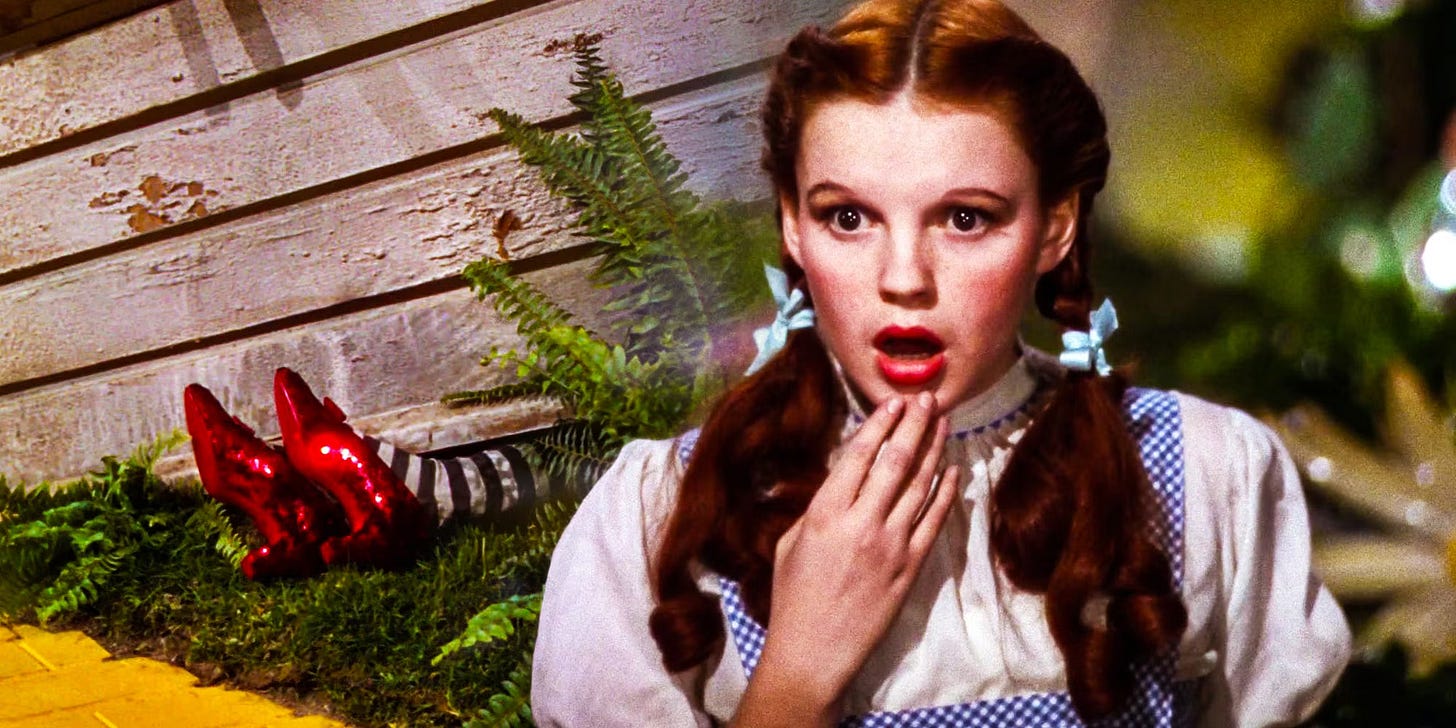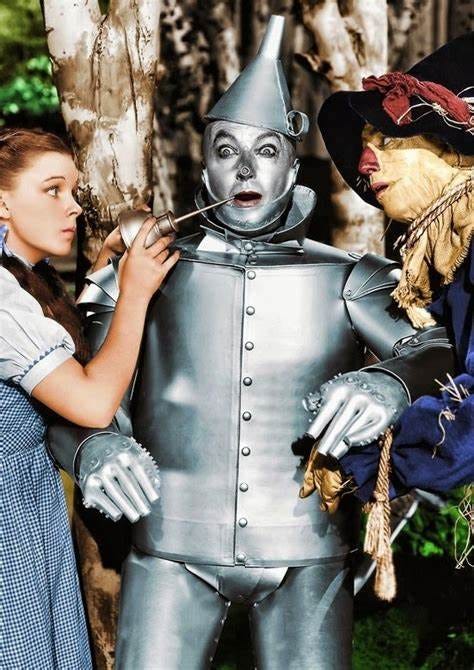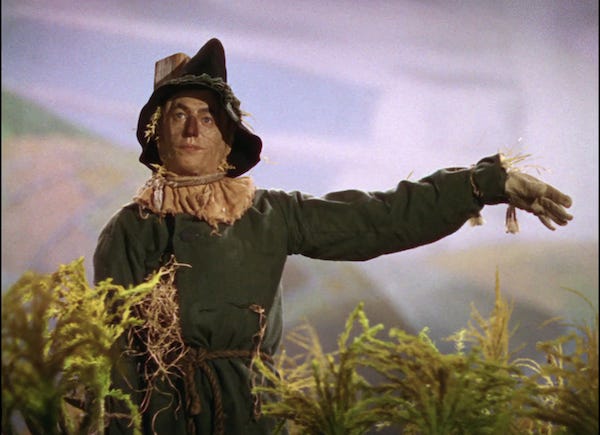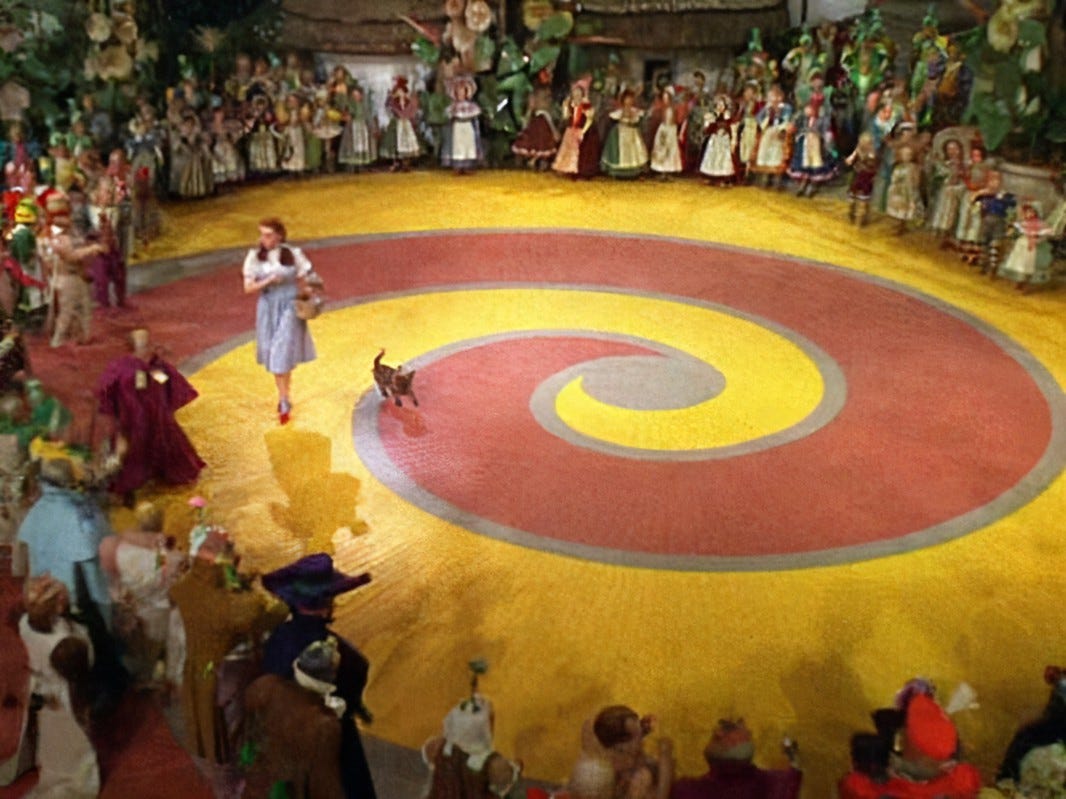
Have you ever been out on a run or long walk and found yourself tempted to turn back before reaching your destination? I certainly have. In fact, when my children were young, we’d often start a walk and within minutes they would ask, “when are we going home?”
My PhD journey, focusing on child poverty and place-based approaches to addressing it in local contexts—particularly in the Tees Valley—has mirrored this experience.
In the early stages, there were numerous moments where I questioned whether I had the ability, perseverance, or commitment to see it through. Then came the global pandemic, which reshaped many people’s priorities. For me, it highlighted and exacerbated the inequalities already present in communities. Rather than derail my research, it fuelled my determination, turning my thesis into something more than a theoretical exercise. It became a means for me to truly understand and engage with the realities I was seeing in and through educational settings.
This week, I completed another annual review—a process where I present my progress to my university colleagues and receive their constructive feedback. While the review is rigorous and undoubtedly an assessment, it serves as an important milestone that allows me to reflect on my learning journey thus far.
I’m too far along this road to question my place or wonder if I should have begun this journey in the first place. Here I share key insights I have gathered. If you are considering pursuing a PhD, this might resonate with you.
If you are curious about how the Wizard of Oz factors into my reflections—read on!
The Oz Principle
One of the most impactful reads for me during recent years has been The Oz Principle (Connors et al.), which has shaped my thinking. The authors propose that when individuals take personal ownership of an organisation’s goals and assume responsibility for their performance, they become more invested and work to achieve not only their own success but the success of the entire organisation. This is a valuable lesson not just for business contexts but for any professional environment.
The book draws a parallel to Dorothy (The Wizard of Oz) and her companions’ journey along the yellow brick road, presenting a transformation from victimhood to accountability. Many challenges faced by organisations—low productivity, poor morale, or slow innovation—might be overcome when individuals take ownership of results, rather than merely performing tasks. There are no shortcuts, but the path to accountability can solve even deeply ingrained issues.
This framework has helped me recognise that my PhD is about much more than the end result. It is not simply about earning the title of Doctor or publishing impactful research. For me, the real motivation lies in using this rigorous learning process to better understand the complexities of child poverty and inequality, and to find more effective ways of addressing these issues, especially by working alongside children and young people in the communities that I serve.
Curating courage
A little over a year ago, during a supervision session with my academic advisor, Professor Newbury-Birch, I presented my next research phase, which focused on engaging children and young people in the North East to explore the topic of child poverty. Given the sensitivity of the subject, I had carefully planned this phase and even created a one-page visual summary for my supervisors—complete with bold, creative ideas (it probably resembled a Marvel movie pitch more than a research plan!).
Yet my supervisor’s feedback quickly reframed my approach. She asked a critical question: “To what extent have children and young people helped shape this research alongside you?”
Had I involved children in designing the research? Had I asked how they would like to investigate the topic themselves? I realised I had made significant assumptions based on my own experience of hardship and nearly three decades of work with children in low-income areas. Yet, I hadn’t fully considered how children might envision this process. With my professional tail between my legs (don’ think about that analogy too much…) I needed to do some thinking and learning again.
This led me to a key insight: it is vital to be bold in welcoming and embracing challenges. Supervisions should not be passive milestone check-ins where you simply inform your supervisor of progress. Rather, they are opportunities for rigorous, critical reflection. Challenges sharpen thinking, deepen learning, and ensure that our work remains rigorous and reflective. Defending one’s insights is important, but so is remaining open to critique. I’m discovering that a courageous approach to challenge is essential for a robust thesis.
Clicking heels
[Spoiler Alert] At the end of the movie/book, Dorothy is reminded that she can return home to Kansas simply by clicking her heels and saying, “There’s no place like home.” This notion of returning to a personal base resonates with my experience of the PhD journey.
Every supervision meeting begins with what I call an ‘applause moment’—a small but significant win or breakthrough that has occurred in the preceding weeks. This is something my supervisory team have actively encouraged. Whether it’s making sense of a complex reading, achieving a research milestone, or gaining new clarity in the research design, these moments serve as markers of progress. It is easy to get lost in the volume of work or feel overwhelmed by the scale of the task.
Celebrating these small successes is a way of returning to base camp and reaffirming the progress being made
In a field as challenging as researching poverty and inequality, it’s vital to acknowledge and celebrate each step forward. These small moments of recognition provide encouragement and remind us of the reasons we embarked on this journey in the first place.
At Tees Valley Education, every term we encourage our academies to come together with other colleagues and facilitate Counting the Flowers events. These are deliberate opportunities to celebrate, champion and record the ‘wins’ of our academies. What always impresses me is the ability and willingness of Headteachers and other leaders in the Trust to talk beyond positive pupil outcomes and assessment data; often using the voices of children, staff and families to celebrate the work of their communities.
Loosening joints
A few years ago, I earned my green belt in Sanshou kickboxing, which taught me a great deal about the value of flexibility. Each week, during gruelling training sessions, I faced the challenge of loosening my ‘rusty’ joints and letting my movements become more fluid and adaptable.
This experience has proven valuable in my PhD journey as well (and I don’t mean because it’s left me bruised and sweaty….)
One of the lessons I have learned is the need to be flexible and adaptive, especially when working with children and young people. For example, using formal titles like “Mr” or “Sir” creates unnecessary barriers when discussing sensitive topics such as poverty and inequality. By dropping these formalities, I was able to foster more open, candid discussions.
This flexibility also extends to research design. While the research needs to remain rigorous and ethical, it doesn’t have to be rigid. I had to consider challenges like ‘digital disadvantage,’ creating opportunities for families and children to participate in my research without relying on smartphones. Furthermore, the consent process had to go beyond the mechanical formalities to ensure that children and young people truly understood the purpose of the research (but ethical supervisor reader types will be pleased to know it fulfilled ethical standards too!)
The key is to ensure that the passion and purpose behind the research shine through the mechanistic practicalities of research design. There’s a tenuous link to the Tin Man’s heart I could probably make here too….
Messy learning
Of all the characters in The Wizard of Oz, the scarecrow was never my favourite. His awkward, straw-filled form didn’t seem to have purpose. It’s possible this is also linked to some early childhood nightmares of scarecrows (Afterall I was brought up in the time of Worzel Gummidge - click the link at your peril!)
Early on in my literature review and systematic review, I had a tendency to want to process and categorise every bit of information. However, I’ve since come to appreciate that learning is not always linear or organised. Some of the most valuable insights have emerged during moments of uncertainty—when I’ve hit a ‘yellow-brick wall’ and wasn’t sure where to go next.
My co-supervisor Professor Matthew Cotton, Research lead for Sustainable and Resilient Places, has been especially helpful at these points too. Many a time he’s asked a question which has caused me to pause in the ‘doing’ phases and made me do more ‘thinking’ instead.
In those moments, I’ve learned the value of standing still and reflecting, rather than rushing towards solutions. Sometimes, the most important learning happens when we give ourselves the time and space to fully engage with the complexities of the problem. Again, being too preoccupied with the final output rather than the journey or process can derail aspects of the learning I think.
Problems and challenges offer great opportunity for authentic learning. I’ve written before about the critical value of taking time to get under the skin of problems before accelerating to solutions in organisations.
It’s all about Dorothy…
Dorothy, a young girl from Kansas, is the arguably the central character of the Wizard of Oz. Without her, there is no journey or discovery (or clicking of slippers!)
While my research isn’t set in Kansas (but that would be a great fieldtrip if anybody fancies funding it!), it is firmly grounded in the experiences of children and young people in the North East of England.
They are, in many ways, the young protagonists of my thesis.
Working alongside children has revealed that they are fiscally aware of the hardships their communities face, eager to understand more, and determined to make a difference. Furthermore, as a generation they have faced unprecedented challenges and are growing up in a digital world with challenges I did not. I am discovering that children and young people bring a fresh perspective, filled with both concern and optimism about how systemic change might happen. There’s a plethora of research that tell us that children and young people can be genuine agents of change. The challenge being that research should be done with and not to (as my co-supervisor Dr Divers regularly reminds me!)
One of the key insights I’ve gained is that while educators play an important role, addressing educational inequality cannot be the sole solution to tackling poverty. I started my thesis journey in the sector shaped belief that teachers are the biggest lever for change in our schools and that schools are well placed to respond to the inequalities seen in the communities that they serve.
Of course, there’s a stack of research showing the value of teachers and schools and I do not want to question this.
What I question and challenge is the rhetoric we too often hear in education that we can simply teach children out of inequality. Quality first teaching matters in classrooms, but we cannot ‘pedagogise out of poverty’ for the vast majority.
Genuine system change needs far more than low-income families being equipped with a decent set of school grades. I’m tired of the narrative that those in hardship can simply ‘better’ the structural inequalities and inequality that is faced at scale.
The voices of those with ‘lived experience’ are vital (Harris & Morley, 2023)
My PhD journey is reaffirming that while I need a team of supportive supervisors and fellow researchers along the way, the real heroes of this story are the children and young people whose insights will shape our understanding of poverty and inequality.
Much like Dorothy, I’m realising that I’m far from Kansas now, but the journey ahead holds the promise of real, meaningful change in my work (and hopefully others)
I’m not in Kansas.
I’m in a place called the Tees Valley.
Further reading/links
Beano Brain & YoungMinds: The weight of the world on Gen Alpha's shoulders? July 2022
Breslin, Harris, & Moores: Young people talking about poverty, Office of the Children’s Commissioner, 2013.
Burn et al: The impact of adopting a research orientation towards use of the Pupil Premium grant in preparing beginning teachers in England to understand and work effectively with young people living in poverty, Journal of Education for Teaching (42), 2016.
Farley, Childs & Johnson: Preparing school leaders for America’s wicked problems? How the revised PSEL and NELP standards address equity and justice, Education Policy Analysis Archives (27,115), 2019.
Harris: Doorstep disadvantage: Beyond the pupil premium, Headteacher Update, May 2021:
Harris, S. (2022) Cost of living crisis: Conversations with students.
Harris: Crafting your curriculum with poverty in mind, Headteacher Update, November 2021
Komulainen, S. (2007). The Ambiguity of the Child's Voice in Social Research. Childhood, 14. 11-18.
Morley & Harris (2023) Poverty unmasked: Listening to the voices of children and families in the cost of living crisis; SSAT. (Spring Journal, 2023)
New Local: Designing out deep poverty and destitution: www.newlocal.org.uk/research-projects/designing-out-deep-poverty-and-destitution/
Ohno: Toyota Production System: Beyond large-scale production, Productivity Press, 1988.
Rowland: Addressing educational disadvantage in schools and colleges: The Essex Way, Unity Research School & Essex County Council, 2021:
Tees Valley Education: Social justice and equity: www.teesvalleyeducation.co.uk/trust-specialisms/social-justice-equality/
Tintoré et al : A scoping review of problems and challenges faced by school leaders (2003 to 2019), Educational Management Administration & Leadership (50, 4), 2022:
Vale: The value of asking questions, Molecular Biology of the Cell, March 2013:
Van der Hoek, T. (2005). Through Children’s Eyes: An Initial Study of Children’s Personal Experiences and Coping Strategies Growing Up Poor in an Affluent Netherlands. Innocenti Research Centre: Florence, Italy
Warneken et al: Young children share the spoils after collaboration, Psychological Science (22), 2011.








